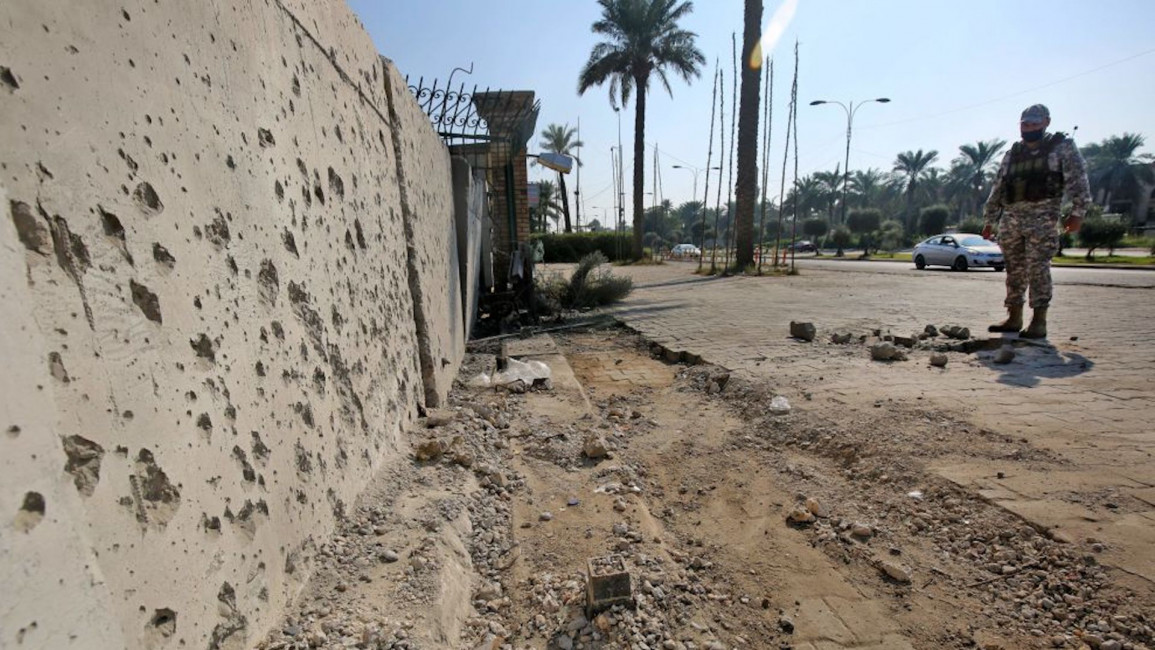Iraq could see return of unpopular checkpoints following deadly Baghdad suicide blasts
Iraqi security sources told The New Arab's Arabic language service, Al-Araby Al-Jadeed, that new road barriers could be set-up across Baghdad in a bid to secure the capital and prevent further attacks by the Islamic State group.
In 2018, checkpoints in Baghdad and its suburbs were dismantled as the security situation improved and after complaints from residents about the traffic jams these measures had caused.
Iraqi security sources are now considering whether to keep temporary checkpoints - set up after last week's blast - as a more permanent fixture in Baghdad.
Since Thursday's attack, officers have held almost daily meetings to discuss security arrangements to ensure that no new attacks occur.
Read more: The Iraq Report – Deadly terror in Baghdad suicide bombings
"Security leaders held several meetings, during which they discussed plans to control the security of the capital and ways to prevent bombings and security breaches there," the source said.
In addition to permanent checkpoints, surprise road blocks could also be established in several areas of Baghdad, while searches of vehicles and individuals will take place in sensitive and crowded areas.
Some security leaders are opposed to the new security measures due the hit to morale the inevitable traffic jams would bring for Baghdad residents, in a city already suffering from severe economic issues.
Rights groups have also warned that executions are being used for political reasons.
Four days after Thursday's attack, three Iraqis convicted of "terrorism" were hanged.
The attack, which killed at least 32 people, was a jolting reminder of the persistent threat posed by IS, despite the government declaring victory over the jihadists in late 2017.
A 2005 law carries the death penalty for anyone convicted of "terrorism," which can include membership of an extremist group even if they are not convicted of any specific acts.
Agencies contributed to this story.
Follow us on Facebook, Twitter and Instagram to stay connected



